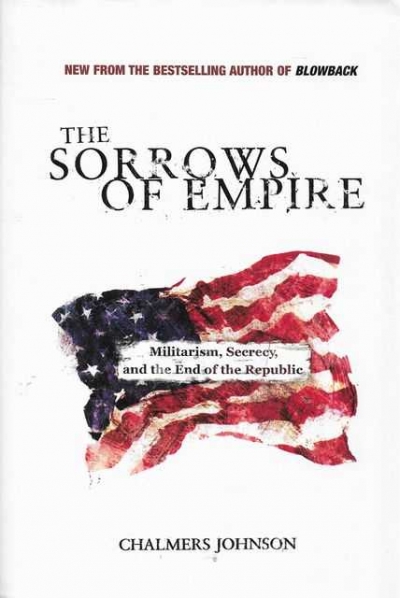Reflecting on the sixty-year history of the United Nations, it seems obvious that this is an organisation created through the slow and tortured process of natural evolution rather than the product of careful, intelligent design.
Years ago, back when the UN had barely escaped its adolescence, the Nobel laureate and eminent diplomat Ralph Bunche observed that ‘the United Nations is a young organisation in the process of developing in response to challenges of all kinds’. He referred to institutional enlargement that typically continued as the global agenda grew. Agencies soon developed to coordinate the work of other agencies. Consequently, the modern UN became a haphazard creature, made up of a bewildering mix of political organs. Each part is intended to serve a different purpose, whether maintaining international security, advancing respect for fundamental human rights, or promoting economic development. And each component comes labelled with an almost impossible array of scientific-sounding designations (EcoSoc, for instance, UNEP, UNESCO, UNICEF and plenty more to make up page after page of abbreviation lists).
...
(read more)



